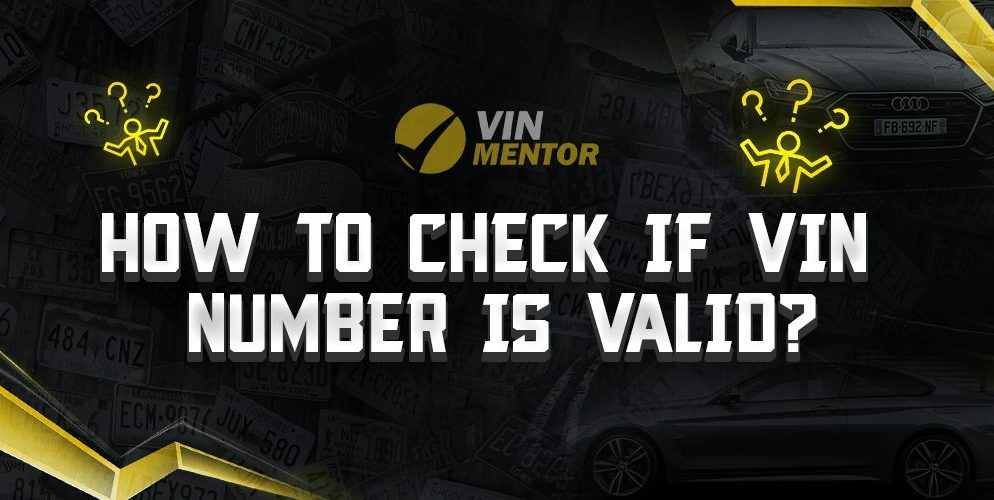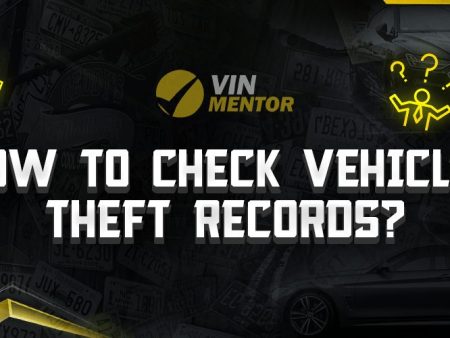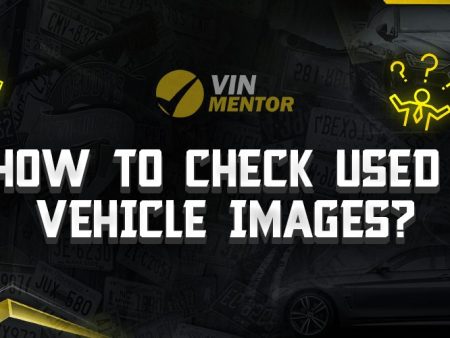

When you are planning to purchase a new or used vehicle, the vehicle identification number (VIN) plays a significant role. The VIN is a unique 17-digit code assigned to every vehicle manufactured after 1981. It is like a fingerprint of the vehicle that contains essential information about the car’s history, such as the make, model, year of manufacture, engine type, and more. Knowing how to check if the VIN is valid is crucial when you are purchasing a car or selling one. In this article, we will discuss everything you need to know about how to check if the VIN is valid.
Key Takeaways
- A valid VIN is essential when purchasing a new or used vehicle.
- The VIN contains important information about a vehicle’s history, such as the make, model, year of manufacture, and more.
- Several methods can be used to check if the VIN is valid, including using online tools or contacting the manufacturer or dealership.
- It is crucial to verify the VIN before purchasing a vehicle to avoid potential fraud or scams.
- The VIN can also be used to check a vehicle’s history report, which provides information about any accidents, repairs, or other issues.
How to Check if VIN is Valid?
There are several ways to check if the VIN is valid. Here are some of the most common methods:
- Use an online VIN decoder: One of the easiest and quickest ways to check if the VIN is valid is to use an online VIN decoder. There are several VIN decoder tools available online that allow you to enter the 17-digit VIN and get a detailed report about the vehicle’s make, model, year, engine type, and more.
- Contact the manufacturer: Another way to verify if the VIN is valid is to contact the vehicle’s manufacturer directly. Most car manufacturers have a customer service department that can provide you with detailed information about the vehicle based on the VIN. This includes the make, model, year, engine type, and other relevant details.
- Contact the dealership: If you are purchasing a new or used vehicle from a dealership, you can also ask them to verify the VIN. They should have access to the vehicle’s records and can provide you with a detailed history report that includes any accidents, repairs, or other issues.
- Check the VIN on the vehicle: The VIN is typically located on the dashboard of the vehicle, visible through the windshield. You can also find the VIN on the driver’s side door or door frame, under the hood, or on the engine block. Check the VIN on the vehicle and make sure it matches the one on the vehicle registration and title.
Why is it important to verify the VIN?
Verifying the VIN is crucial when purchasing a new or used vehicle. It helps you avoid potential fraud or scams and ensures that you are getting the right information about the vehicle’s history. A fraudulent seller may alter the VIN to hide the vehicle’s history or sell a stolen vehicle. Verifying the VIN can help you identify these issues before making a purchase and avoid potential legal and financial problems.
In addition to verifying the VIN, you can also use the VIN to check the vehicle’s history report. A history report provides information about any accidents, repairs, or other issues the vehicle may have had in the past. This can help you make an informed decision about whether to purchase the vehicle or not.
Conclusion
In conclusion, knowing how to check if the VIN is valid is essential when purchasing a new or used vehicle. There are several methods to check if the VIN is valid, including using online VIN decoder tools, contacting the manufacturer or dealership, and checking the VIN on the vehicle itself. It is crucial to verify the VIN before making a purchase to avoid potential fraud or scams and ensure that you are getting the right information about the vehicle. To perform the VIN check, you can choose from the list of our recommended best VIN Check Websites. Additionally, you can use the VIN to check the vehicle’s history report, which provides information about any accidents, repairs, or other issues. By following these steps, you can make an informed decision about whether to purchase the vehicle or not and avoid any legal or financial problems in the future.
FAQ
Is it possible for a VIN to be valid but still have issues in the vehicle history report?
Yes, a VIN can be valid, but the vehicle may have had accidents, repairs, or other issues in the past that are listed in the vehicle history report. Checking the VIN is just one step in ensuring that you are making an informed decision about purchasing a vehicle.
Can a VIN be fake or altered?
Yes, it is possible for a VIN to be fake or altered, which is why it is important to verify the VIN before purchasing a vehicle. A fraudulent seller may alter the VIN to hide the vehicle’s history or sell a stolen vehicle. Verifying the VIN can help you identify these issues before making a purchase.
How do I know if an online VIN decoder tool is reliable?
It is important to use a reputable online VIN decoder tool to ensure that the information you receive is accurate. Look for tools that have positive reviews and are recommended by reputable sources, such as automotive websites or consumer protection organizations.
Can I check the VIN of a vehicle that was manufactured before 1981?
No, the VIN system was not standardized until 1981, so vehicles manufactured before that time may not have a 17-digit VIN. However, some older vehicles may have a unique identification number or serial number that can be used to identify the vehicle’s make, model, and year.
Is it possible to verify the VIN of a vehicle that is not in my possession?
Yes, you can verify the VIN of a vehicle that is not in your possession by contacting the manufacturer or dealership or using an online VIN decoder tool. However, you may need to provide proof of ownership or authorization from the vehicle owner to access certain information.












